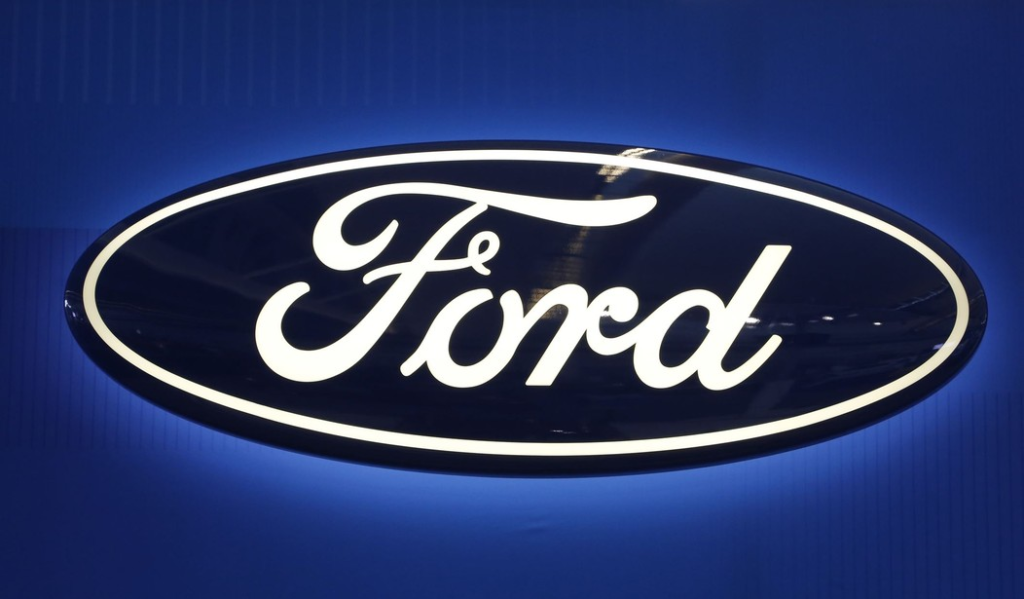
By Duke | RedState
Wasn’t it that old guy Bob Dylan who had some lyrics in some song saying The Times They Are A-Changin’?
He probably didn’t have electric vehicles in mind when he wrote that song back in the ’60s but I’m sure he wouldn’t mind if it were brought up in this instance, particularly if he was going to get a royalty check from the reference in some way shape or form.
Sorry, Bobby, that rule doesn’t apply here.
Seems that that since Ford Motor settled with the United Auto Workers a couple of weeks ago, their enthusiasm for switching to an all-electric vehicle fleet by 2035 has waned a bit.
Their hesitation was first noted here at RedState by my colleague Bob Hoge at the end of September.
The Ford Motor Company announced Monday that it is pausing construction on a massive electric battery plant in Michigan that involved a Chinese EV battery company. Notably, the plan had been originally considered for Virginia, but Gov. Glenn Youngkin opposed it due to China’s potential influence in the plan, arguing that “CATL and the Chinese Communist Party would have full operational control over the technology.”
Michigan Governor Gretchen Whitmer had no such qualms, however, and welcomed the plant with open arms as her state government pumped $1 billion into the project.
It’s not clear why Ford got cold feet:
Ford said in a statement to FOX Business that work on the factory had been paused and spending would be limited, but declined to pinpoint the exact considerations that factored into the decision. The Detroit-based company also said it hadn’t made a final decision about the project despite repeatedly defending it for months.
“We’re pausing work and limiting spending on construction on the Marshall project until we’re confident about our ability to competitively operate the plant,” Ford spokesperson T.R. Reid told FOX Business. “We haven’t made any final decision about the planned investment there.”
Now that the dust from the strike has settled, the new plan is that they will scale the project back by almost half of what they originally planned.
Ford Motor Co.’s decision to resume construction of its electric-vehicle plant in Marshall, but at a much smaller scale, marks another sign that looming expectations for EV sales growth aren’t keeping pace with ambitious targets embraced inside and outside the auto industry.
The Dearborn-based automaker said Tuesday it is scaling back its expected gigawatt capacity for the Marshall project by about 43% and will decrease the number of jobs created through the investment by about 32% to a new total of 1,700 jobs. The company still plans to complete construction by 2026.
Smaller production targets and fewer jobs created in the west Michigan city are a reflection of the challenges the industry faces right now. Range, infrastructure and pricing are holding back EVs from mass adoption. New labor agreements have the Detroit Three automaker contending with increased labor costs. And high interest rates are affecting new-vehicle sales in general.
Now I really can’t blame the executives over at Ford Motor for thinking that maybe investing a ton of money and time into something that is not nearly as strong as they believed is not the route to go.
The U.S. economy continues to put up solid numbers, but the public’s feeling about said economy is not very good. Plus, electric vehicles’ biggest cheerleader in the government is currently Joe Biden, and his leadership on this and in a number of other areas is not very inspiring.
Now that the election is officially less than a year away, automotive company execs need to look at the long game of 10, 15, or 20 years down the road mixed in with what the current atmosphere is. There is no reason to assume that Joe Biden will be in the White House on January 20th, 2025 which means there’s no guarantee of an endless stream of federal dollars to help subsidize these projects.
Also, keep in mind that Michigan is the very state where a recall just happened earlier this month because of local officials rolling over for a Chinese-affiliated electric vehicle battery-making plant, as my colleague Teri Christoph wrote about.
This election story out of Michigan is what you might call “democracy in action.”
Go Michigan. Teri continues…
The good people of Green Charter Township, a small rural community north of Grand Rapids, ousted all five of the board members in a special election held Tuesday. They swapped the five, all Republicans, for candidates who ran without party affiliation. To show they meant business, the townspeople immediately called in locksmiths to change the locks on the main government building.
This election story out of Michigan is what you might call “democracy in action.”
The good people of Green Charter Township, a small rural community north of Grand Rapids, ousted all five of the board members in a special election held Tuesday. They swapped the five, all Republicans, for candidates who ran without party affiliation. To show they meant business, the townspeople immediately called in locksmiths to change the locks on the main government building.
Another resident, Harry King, said, “Right now, we are not on friendly terms with China. They are threatening us. I consider them the enemy. I don’t want them here, either.”
Only time will tell if Ford’s attitude about electric vehicles is truly changing.
My sneaking suspicion is that it is, and that will probably make Elon Musk and Tesla very happy, which is fine with me. I’m not a huge fan of Detroit’s big three making cars that are not gas guzzlers and that don’t produce the rumble of an engine idling in 20 degree weather in January.
I never want those times to change

